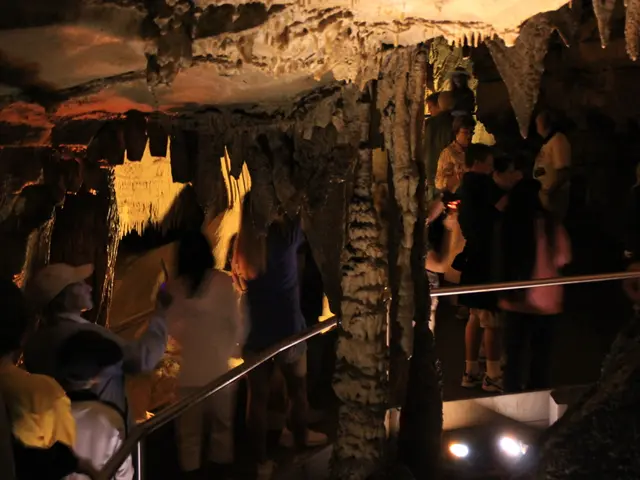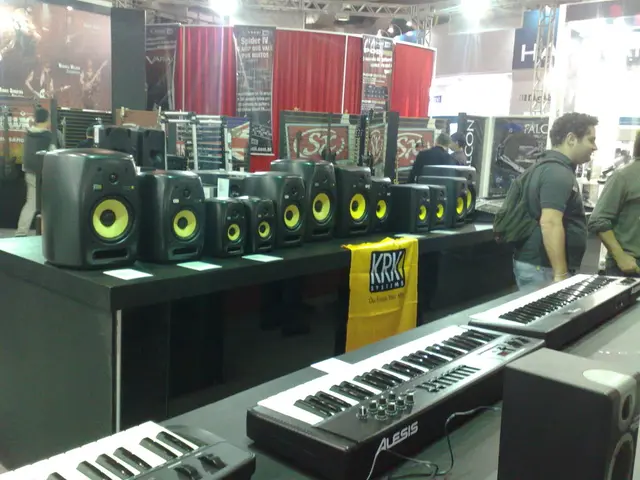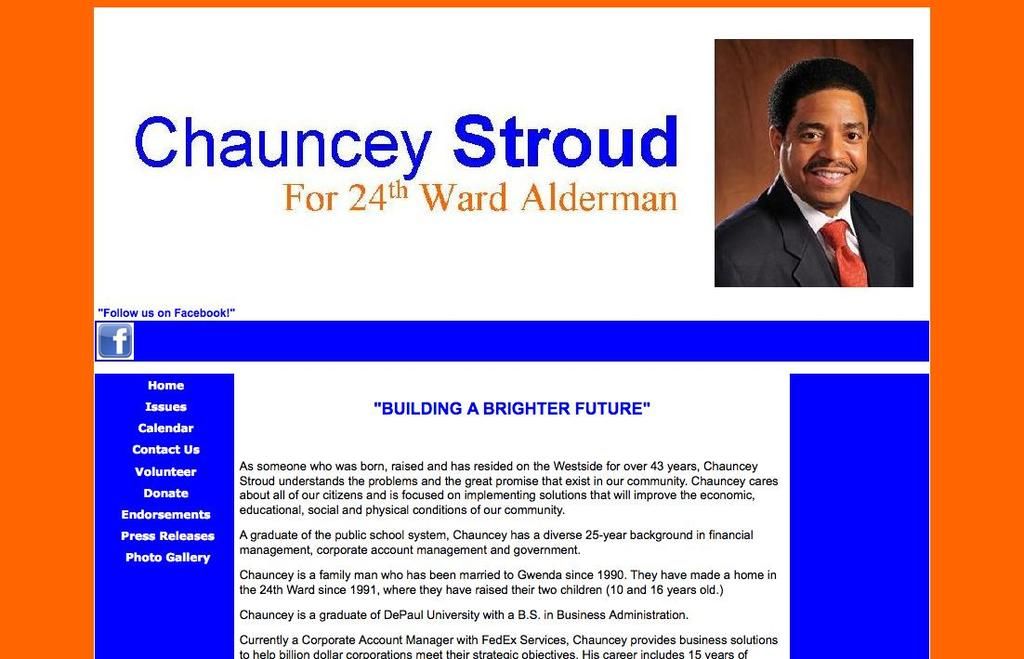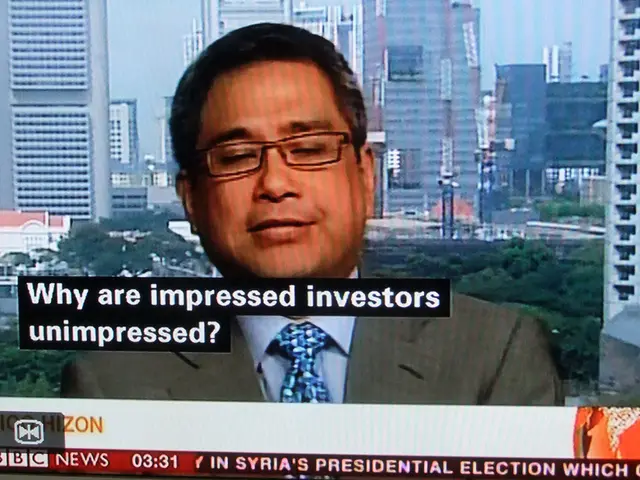Casino workers in Atlantic City claim that seagulls receive better welfare and protective regulations than they do.
Title: Workers Take a Breath, Atlantic City Casinos Keep Smoking Indoors, Amid Crackdown on Boardwalk Smokers
Share this article
Atlantic City's casino workers find themselves inhaling smoke fumes — indoors — as police gear up to tackle smokers on the bustling boardwalk, leaving the casino interiors clouded with cigarettes lingering aroma. The Casino Employees Against Smoking Effects (CEASE) has raised the baton, casting a spotlight on South Jersey officials for seemingly neglecting the wellbeing of the workforce, yet again.
Recently, Captain Kevin Fair of Atlantic City Police made an announcement, stating that the department will escalate its crackdown on the boardwalk smokers following the influx of concerns expressed by residents and visitors. Shockingly, this action leaves the casino workers dealing with an unhealthy environment within.
The New Jersey Casino Reinvestment Development Authority (CDRA) has earmarked a whopping $3 million to equip Atlantic City police against boardwalk smokers, a move that sent ripples of discontent through the ranks of Pete Naccarelli, co-founder of CEASE and a long-time Atlantic City casino worker.
A Rolling Stone Gathers Moss
New Jersey's gambling havens boast an intricate legal maze when it comes to smoking regulations within casinos. Although state law mandates separation of smoking and non-smoking areas within casinos, enclosed spaces are considered fair game, causing a chasm between the boardwalk and casino climates.
As the city grapples with escalating complaints concerning secondhand smoke — from both cigarettes and marijuana — on the boardwalk, authorities are amping up their enforcement efforts, with stricter policing and increased signage. In contrast, the smoking zones within casinos remain relatively unexplored, potentially under-patrolled, and more accessible to the public.
The casino industry's financial impact on Atlantic City arguably plays a role in the leniency surrounding on-site smoking regulations. As the economic interests of casinos contrast with the need to maintain a family-friendly boardwalk environment, the disparity persists.
Caught in the Crossfire
Casino workers bear the brunt of the smoky environment, exposing them to potential health risks. This discrepancy underscores concerns about employee safety, standing in stark contrast to the boardwalk's efforts to prioritize the wellbeing of the public.
In this battle between public health and economic interests, casino workers find themselves battling their invisible adversary, confronting secondhand smoke and inhaling potential health risks. The question remains: when will the city step in to lend casino workers a much-needed helping hand?
- Despite the stricter enforcement against smoking on the boardwalk, the casinos in Atlantic City continue to allow smoking indoors, creating a health and wellness concern for casino workers.
- The casino culture in Atlantic City, New Jersey, allows for a more lenient approach to on-site smoking regulations, contradicting the boardwalk's efforts to prioritize health-and-wellness and workplace-wellness.
- Casinos in Atlantic City, with their casino-personalities and casino-culture, seem to prioritize economic interests over employee safety, leaving workers to deal with the potential health risks of secondhand smoke in their work environment.







